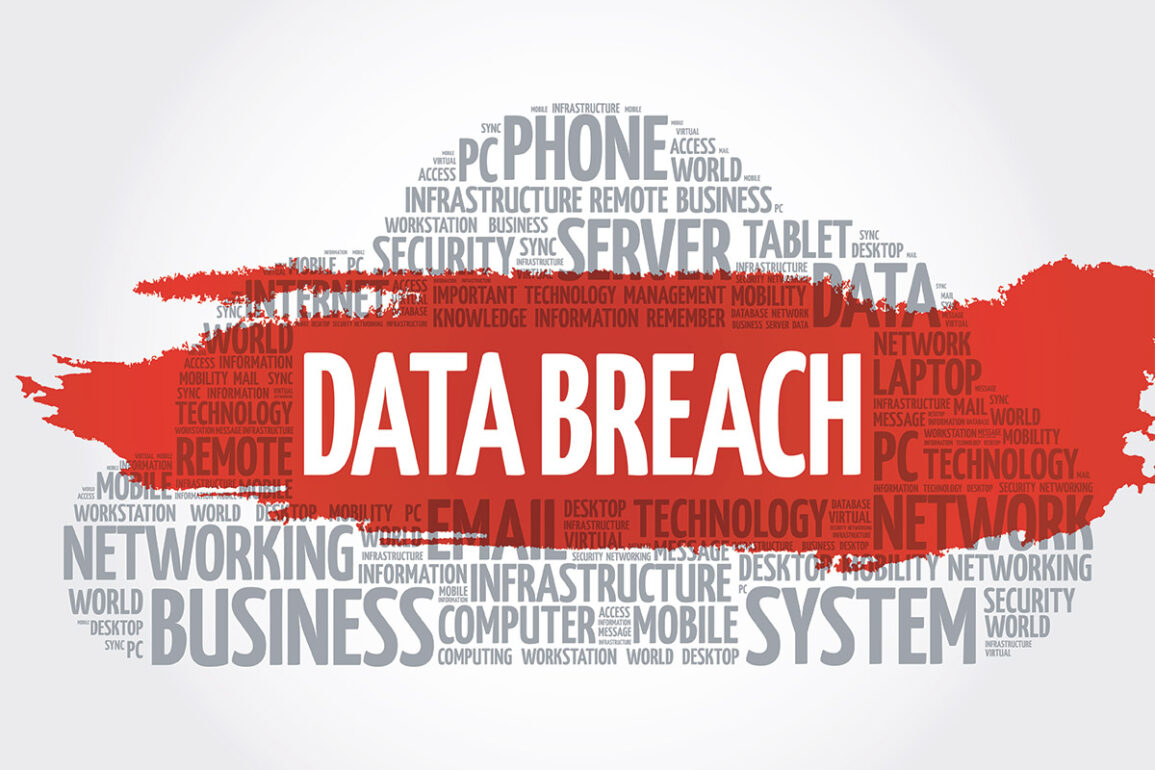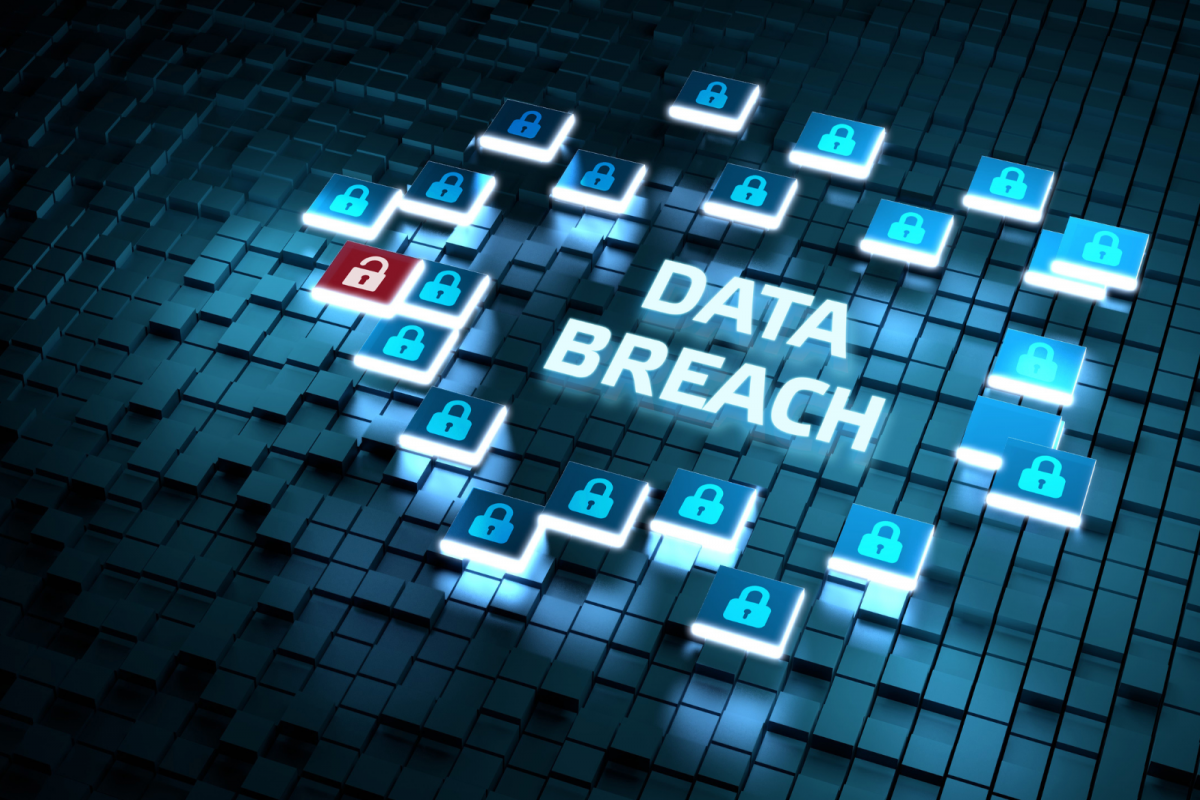Understanding Data Breaches
A data breach occurs when unauthorized access, disclosure, or loss of personal or sensitive information compromises its security or confidentiality. Understanding the types and potential impact of data breaches is crucial for implementing robust data protection measures.
Types of Data Breaches
- Cyber Attacks: Hacking, phishing, or malware compromising digital systems.
- Physical Loss or Theft: Misplacement or theft of physical devices like laptops or USB drives.
- Human Error: Accidental sharing of confidential information or failure to secure data properly.
Legal Framework in England and Wales
Data breaches in England and Wales are governed primarily by the Data Protection Act 2018 and the UK GDPR (General Data Protection Regulation), incorporating principles of data protection and security obligations.
Key Legal Considerations
- Data Protection Principles: Ensuring data is processed lawfully, fairly, and transparently.
- Reporting Obligations: Timely reporting of data breaches to relevant authorities and affected individuals.
- Penalties and Liabilities: Potential fines and legal liabilities for non-compliance with data protection regulations.
Steps to Respond to a Data Breach
Effective response to a data breach involves a structured approach to contain, assess, and mitigate potential risks to affected individuals and organizational reputation.
Incident Response Plan
- Containment: Immediately isolate affected systems to prevent further unauthorized access.
- Assessment: Determine the scope and impact of the breach, identifying compromised data and affected individuals.
- Notification: Notify relevant authorities such as the ICO (Information Commissioner’s Office) and affected individuals if the breach poses a risk to their rights and freedoms.
Preventive Measures and Best Practices
Proactive measures reduce the likelihood and impact of data breaches, enhancing overall data security and compliance with legal requirements.
Data Protection Best Practices
- Data Encryption: Encrypt sensitive data both in transit and at rest to protect against unauthorized access.
- Staff Training: Educate employees on data protection policies, cybersecurity awareness, and incident reporting procedures.
- Regular Audits and Assessments: Conduct regular security audits and risk assessments to identify vulnerabilities and address them promptly.
Resources and Support
Accessing resources from governmental bodies and legal experts provides additional guidance and support for managing data breaches effectively.
Expert Resources
- Information Commissioner’s Office (ICO): Provides guidance on data protection regulations, breach reporting requirements, and enforcement actions.
- Legal Advisors: Seek legal counsel specializing in data protection laws for tailored advice and compliance strategies.
Conclusion: Ensuring Data Security and Compliance
Navigating data breaches in accordance with the laws of England and Wales requires vigilance, preparedness, and adherence to legal obligations. By implementing robust security measures and following best practices, organizations can protect sensitive information and maintain trust with stakeholders.
What qualifies as a data breach under UK law?
A data breach in the UK is defined as any unauthorized access, loss, or disclosure of personal or sensitive information that compromises its security or confidentiality.
What should I do if I suspect a data breach has occurred in my organization?
Immediately contain the breach, assess its scope and impact, and follow procedures to notify affected individuals and relevant authorities, such as the ICO (Information Commissioner’s Office).
What are the legal consequences of a data breach in England and Wales?
Organizations may face fines and legal liabilities for failing to protect personal data under the Data Protection Act 2018 and UK GDPR, depending on the severity and circumstances of the breach.
When am I required to report a data breach to the ICO?
You must report a data breach to the ICO within 72 hours of becoming aware of it if it poses a risk to individuals’ rights and freedoms, unless it is unlikely to result in a risk.
How should I notify affected individuals about a data breach?
Notify affected individuals promptly if the breach poses a high risk to their rights and freedoms, providing clear and transparent information about the nature of the breach and recommended actions.
What steps can I take to prevent data breaches in my organization?
Implement robust data protection measures, including encryption, staff training on cybersecurity best practices, regular security audits, and compliance with data protection regulations.
What is the difference between a personal data breach and a security incident?
A personal data breach involves the accidental or unlawful destruction, loss, alteration, unauthorized disclosure of, or access to personal data. A security incident refers to any attempt or threat of unauthorized access, use, disclosure, disruption, modification, or destruction of IT assets.
How can I ensure compliance with data protection laws after a data breach?
Conduct thorough investigations into the breach, document all actions taken, review and update security policies and procedures, and learn from the incident to prevent future breaches.
Are there penalties for failing to report a data breach in the UK?
Yes, failure to report a data breach to the ICO when required can result in significant fines, in addition to reputational damage and loss of trust with stakeholders.
Where can I find more guidance on handling data breaches under UK law?
Seek guidance from the ICO’s official resources, legal advisors specializing in data protection, and industry-specific compliance frameworks to ensure comprehensive understanding and compliance with data breach handling procedures.
- Website Privacy Policy – First & Third-Party Cookies + Analytics - August 10, 2024
- Plant Maintenance Agreement - August 7, 2024
- Hire Of Room, Hall Or Other Premises - August 4, 2024










